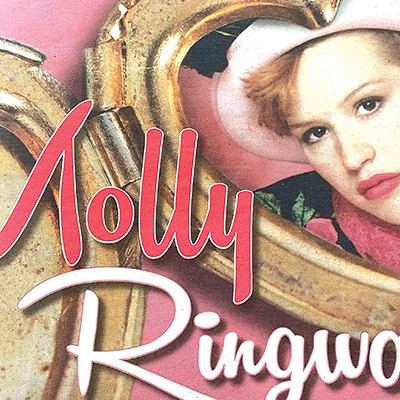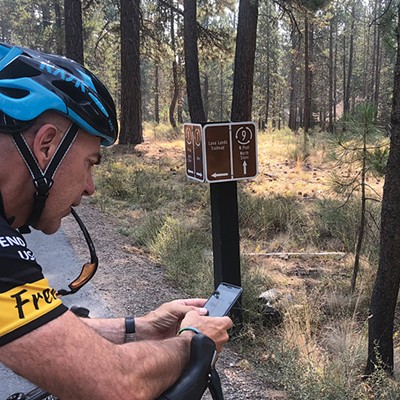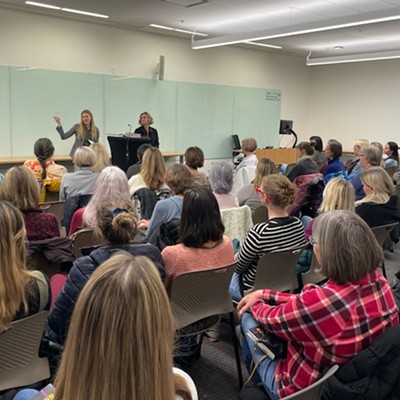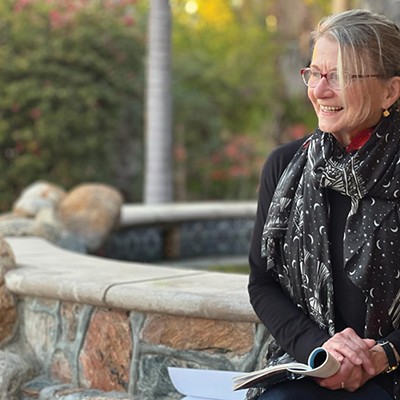OK, only one is actually about bees, but the other two have "bee" in their names. Give us a break: It's summertime.
Little Bee, Chris Cleave (2005)
Chris Cleave's first novel, Incendiary, about a bombing in London, was released the same day as an eerily similar bombing. The coincidence catapulted him to fame, and to the challenge to match that attention with a strong sophomore performance—which he did with Little Bee (2008). Once again, he chose to tell a story about modern-day London—about immigrants, race relations—but did so without (too many) overreaching sweeps of history, and (mostly) by telling a story in its simplest, day-to-day details.
Little Bee, the title character, is a Nigerian refuge who has been languishing in an English detention center for two years before finally escaping in the most low-key jail breakout in literary history. This confidently understated tone carries throughout.
The story primarily is a dance between two women—one who has lost her country, and the other whose husband, a British diplomat, has recently killed himself; in fact, right after Little Bee phoned him. While that mysterious event—the diplomat's suicide—serves as the story's catalyst, it is hardly the driving force. Instead, it is the observations and delicate cataloging of personal tragedies that provide emotional heft. While the two women's emotions are profound and remarkably similar—the hurt they feel and their lives' rudderless state—it is not through weeping Oprah-sofa sessions they bond, but by simple and superficial connections—like U2 songs, reality TV, and Batman costumes. It is this restraint to not exploit the deeper emotional wounds that makes Cleave such a smart and captivating writer, and that oddly lend his stories such a reality.
Bee Season, Myla Goldberg (2000)
A wonderfully simple story with deep-reaching implications: About a family that cannot communicate with each other, but is each trying to figure out how to communicate with God—whether it is the Jewish son who becomes a Hare Krishna or the daughter who learns that words and letters speak to her and she becomes a spelling bee champ.
Like a Coen Brothers film, the tone is quirky, insightful and dour yet playfully funny. "We are all invisible," the brother observes. "It seems like a very Buddhist thing to think. He wishes there were someone to appreciate it with him. But being a Buddhist is a lonely business in Montgomery County, where the yellow pages go from Buckets-Decorative to Builders with nothing in between." With writing like that, really, who cares what the plot is?
The Secret Life of Bees, Sue Monk Kidd (2002)
Like To Kill A Mocking bird, the voice is that of a young girl struggling to figure out the world around her, and in the middle of a story fueled by racism. But make no mistake, this is not an intellectual heavy-duty book, with deep insights. "People who think dying is the worst thing don't know a thing about life," our central character observes at one point. Like The Help, it is decidedly a feel-good book about bad people. Which is to say: It is a perfect summertime book, a story about important issues that go down as easily as sweetened lemonade.
Bees serve as heavy-handed metaphors here. "She reminded me that the world was really one big bee yard, and the same rules worked fine in both places: Don't be afraid, as no life-loving bee wants to sting you. Still, don't be an idiot; wear long sleeves and long pants. Don't swat. Don't even thing about swatting. If you feel angry, whistle. Anger agitates, while whistling melts a bee's temper. Act like you know what you're doing, even if you don't. Above all, send the bees love. Every little thing wants to be loved."
Yes, I am embarrassed and probably should turn in my Manhood Card, but I love this book.





















